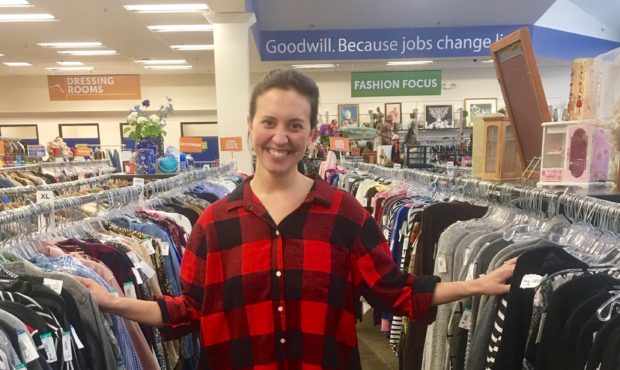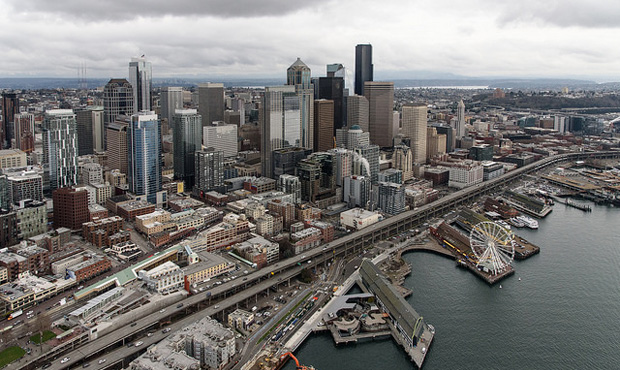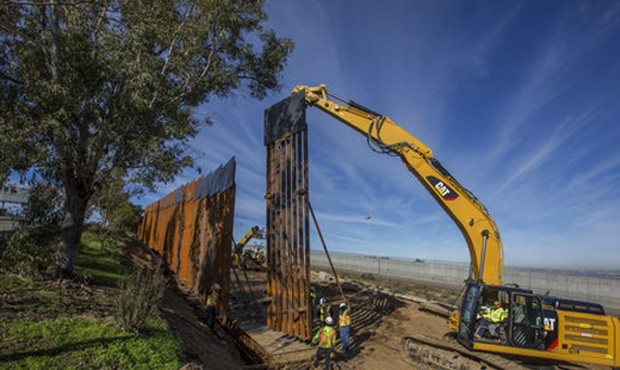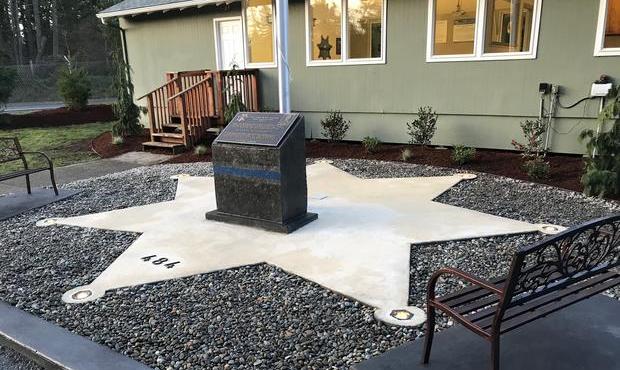Ron: A history of why Seattle traffic is so terribly bad
Apr 9, 2018, 2:01 PM

Seattle's roadways are becoming more congested as the city's population booms. (AP Photo/Elaine Thompson)
(AP Photo/Elaine Thompson)
Seattle traffic sucks, am I right?
If you’ve been a Pacific Northwesterner for more than a minute, then you know that the real motto of Washington is not “Bye and bye” but instead, “traffic sucks.”
RELATED: Ramp meters coming to I-5 at Mercer “won’t make mess worse”
For as long as I’ve been here, that has been a consistent mantra. But how do you fix it? What’s the solution? In its simplest form, it’s a fairly easy question. Either you decrease the number of cars or you increase the surface for cars to drive on.
So far, so good. But actually finding real world answers that will work is much harder than it seems. Before I give you my two cents on the latest proposal about congestion tolling, let me remind you of a brief history of transportation proposals.
Seattle traffic
I’m skipping over the trolleys and train tracks of the 1920s and jumping to modern times. Civic leader Jim Ellis made an impassioned plea for a subway system in the Emerald City in November 1965. Never happened.
Voters rejected a modern electric transit system in 1972. It was a 0.3% increase in sales tax.
In 1995, voters rejected a multi-county $6.5 billion dollar comprehensive transit plan.
An initiative was passed in 1997 to extend the monorail. People were evicted from their homes and businesses by eminent domain to make way for the new tracks. Then it stopped. Never happened.
In 2007, the South Lake Union street car line opens. It’s 1.3 miles long — that’s 6,864 feet. The train runs down the middle of the road. It can’t move when the tracks are blocked by cars that are trying to get through the untimed traffic lights we call the Mercer Mess.
Throw in the straightening of the S-Curves, bicycle lanes, and the Pronto bikeshare disaster, and you can see there have been a lot of failures.
So it seems that the current plan is to financially punish people with cars as much as possible. Whether it’s through exorbitant car tab fees, removal of reasonable street parking, or tolling on freeways and interstates — the message is clear. Politicians will continue to turn up the financial pain until you stop driving or move away.
Will congestion tolling be successful? Depends on how you define success. I find it ironic that we hear a constant drumbeat about affordability around here, and yet the answer to all our problems seems to be to make it more expensive. Especially if you drive a car.
You can hear “What are we talking about here?” everyday at 4:45 p.m. on 97.3 FM.













